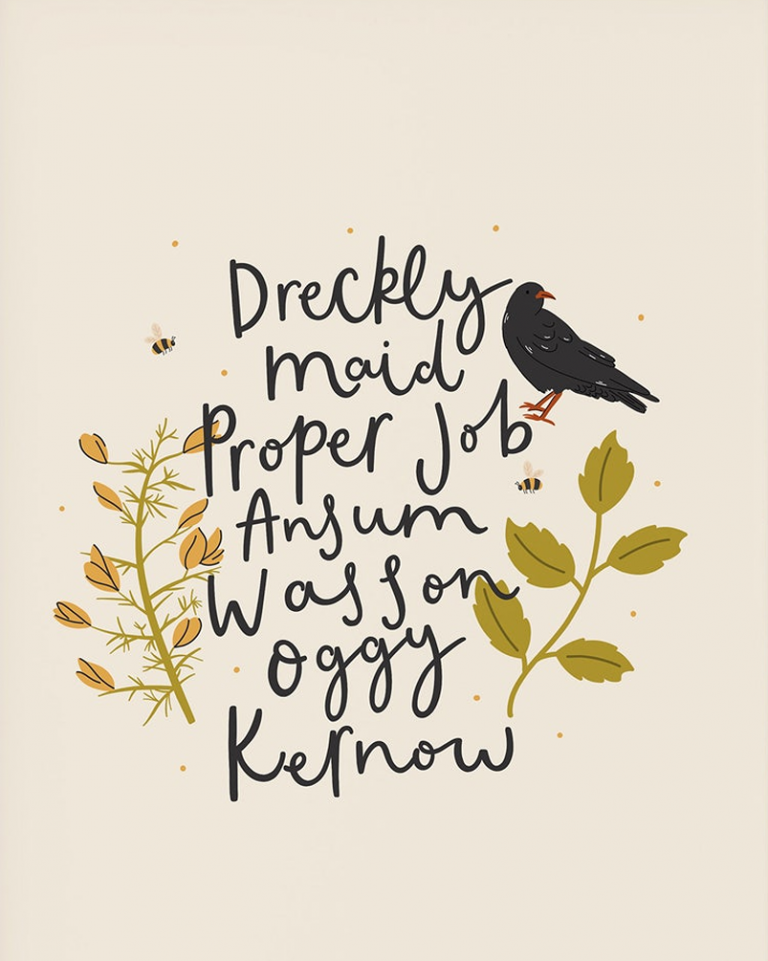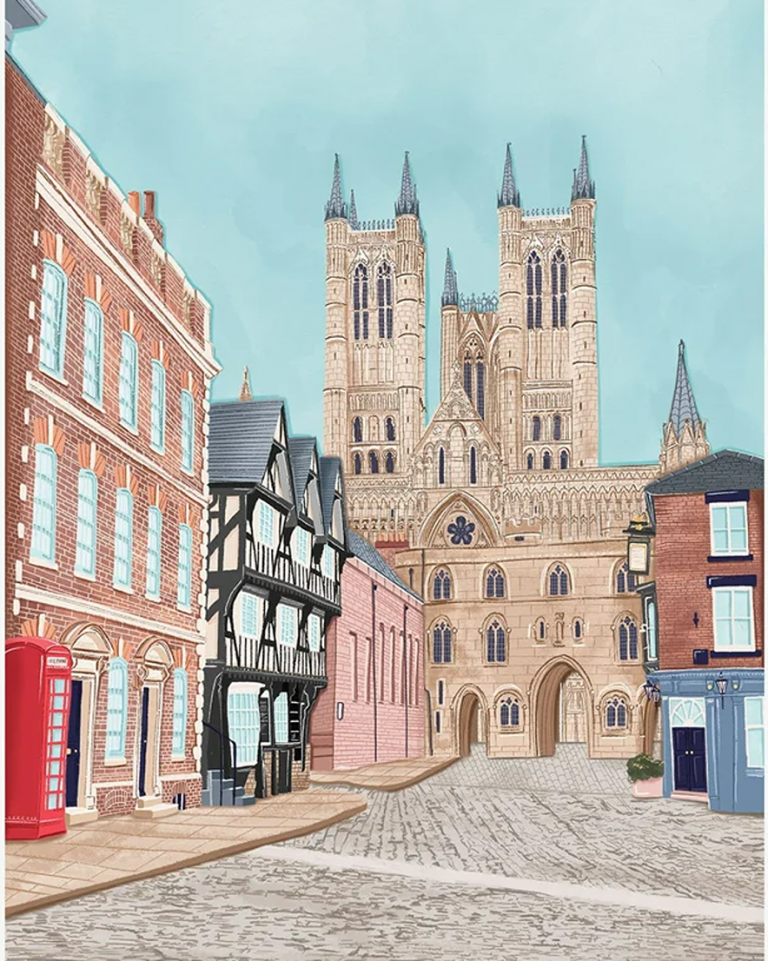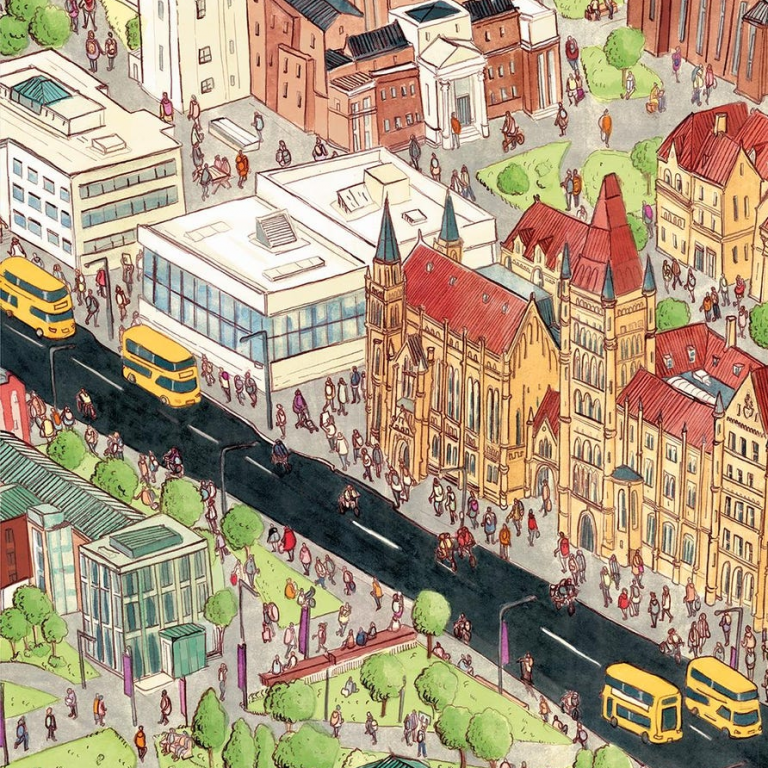
Leicester’s a city that quietly surprises. People know it for its bold mix of old and new, famous faces, and its knack for forging fresh ideas. Walk its streets, and you’ll find traces of medieval England beside buzzing shops and food from every corner of the world.
This city has deeper layers than many expect. From links to the English language to a strong vegan scene, Leicester has shaped more than just its own story. Even Sir David Attenborough’s childhood began here. Stick around, and you’ll soon spot the little-known gems that make Leicester much more than a dot on the map.
If walking in nature, always follow the Countryside Code, to keep dogs and barnyard friends safe.
Leicester and the English Language
It might surprise you to learn that Leicester holds a place in the story of the English language. The area around Leicester was home to the Anglo-Saxon kingdom of the Mercians in early medieval England. This kingdom helped shape what would become the English language. Old English, spoken here, was a mix of Germanic tongues, Celtic influences, and Latin.
Because Leicester was a centre of power in Mercia, it became a hub for communication and culture—not just trade. The language that grew here spread across areas governed by the Mercians and later blended further into Middle and Modern English. The everyday English many of us speak today has threads that can be traced back to this region.
Think of Leicester as a stage in the long story of English. It wasn’t the only place where the language developed, but it was a key player at a time when spoken words were shifting and settling into new forms. The sounds, phrases, and words used in this city helped pave the way for the language’s future.
This connection matters because it reminds us language isn’t fixed or confined to one place. Instead, it changes where people gather, work, and share ideas. Leicester was one such place that helped the English language take shape, spreading its influence over centuries.
Leicester’s Ancient Past and Modern Pulse
Leicester stands out as one of England’s oldest cities, with a story that stretches back over two thousand years. From its early days as a Roman settlement called Ratae Corieltauvorum, the city has seen life keep flowing without pause. You can still sense the echoes of this ancient past in the streets and landmarks today.
Roots That Run Deep
The Romans chose Leicester for its position on key trade routes, and that early importance never faded. Archaeological finds, like the Roman baths and walls, offer a glimpse into the city’s long-lasting role. Unlike many places that have faded away, Leicester grew steadily, weathering centuries of change.
This continuous settlement means layers of history lie just beneath the surface. The city’s layout still hints at old boundaries and roads laid down ages ago. It’s fascinating to think that walking here connects you with people who lived, worked, and built in this exact spot centuries ago.
The Soar and the Canal: Flowing Through Time
Water has always played a key role in Leicester’s story. The River Soar, winding through the city, was once vital for trade and transport. Today, it’s more about leisure and scenery, but it still connects the present to history.
Nearby, the Grand Union Canal offers another piece of this puzzle. Built in the 18th century, it was once a busy route for goods and raw materials. Now, it paints a peaceful backdrop for walkers, cyclists, and boaters. Both waterways tie together Leicester’s past and present, acting as green veins running through the urban landscape.
Together, the Soar and Grand Union Canal remind us that this city has always been open to change, shaped by the hands of time but still moving forward.
Where Sir David Attenborough was Raised
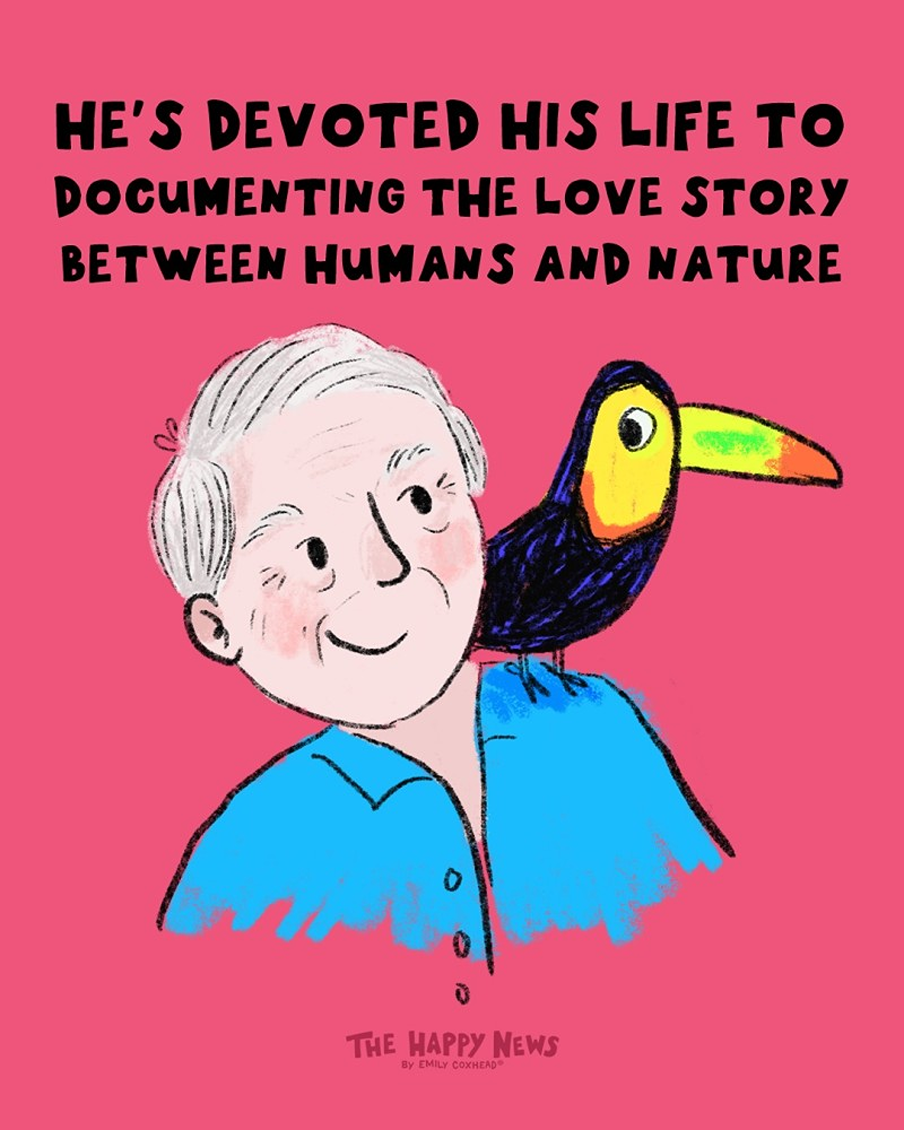
Sir David Attenborough was raised on campus at Leicester University, where his father was Principal. It was this love of learning that stayed with him for life (he has a degree in natural sciences, and also studied geology and zoology at Cambridge University).
This humble man (who sends letters over emails, has never learned to drive and has 18 plants and animals named after him) says it would be ‘rude to count’ how many degrees he has.
When asked what thing would improve his quality of life, he replied ‘good, workable knees!’
Attenborough’s engaging style and gentle authority have inspired generations to care about wildlife and conservation. He remains proud of his Leicester roots, often speaking about the local museums and parks that fired his imagination as a boy.
Happily married for 50 years until his wife died, David writes that with his ‘anchor gone’, returned to working on nature programs, to cope with grief. Their two children both work to help the natural world.
Not only has Sir David instilled a love of nature and wildlife for nearly everyone on earth, his programs to highlight plastic pollution is the reason why nearly every brand and online shop now has a ‘sustainability page’.
As people increasingly question how items are made and packaged. Sir David Attenborough has done more to help our planet, than any politician.
Don’t waste electricity. Don’t waste paper. Don’t waste food. Live the way you want to live, but just don’t waste. Look after the natural world and the animals and plants in it too. This is their planet, as well as ours. Sir David Attenborough
Birthplace of The Vegan Movement

Donald Watson became vegan after witnessing a pig being slaughtered on a relative’s farm. His sister and brother soon followed suit, his mother remarking she felt ‘like a hen who had hatched a clutch of duck eggs!’
He was born in Yorkshire (the son of a headmaster in a mining community). Then moved to Leicester where he too became a teacher.
Also a pacifist, he was a conscientious objector during World War II, and he and his wife founded the society (with others) after being told that they would not be able to survive on plants!
The couple had one daughter (she also became a teacher, dying the 1990s before her husband). There are now plaques in both Leicestershire and Yorkshire to commemorate him.
Although he chose to live very simply, and had a simple funeral, and is buried in a small church cemetery on the outskirts of Keswick in Cumbria.
Donald and his wife were passionate about nature, and lived the later years of their lives in Cumbria, where they enjoyed fell walking (he lived to the ripe old age of 95).
Today The Vegan Society that he founded is very different, moving from its humble quarters in Hastings to now a bigger society based in Birmingham.
It does wonderful work, but there is controversy as it certifies goods with palm oil as vegan (indirect use is harming orangutans). You can’t campaign to save cows, but kill apes? What would Donald have thought?
Donald Watson lived as a vegan from age 14 until he died at 95. He never wavered in his beliefs. His careful thinking and actions shaped veganism into a practical, positive approach to life.
Every “Vegan Society” and every new vegan cookbook owes something to Watson’s vision. Today’s vegan products, labels, and awareness trace back to his steady work and strong voice.
I was surrounded by interesting animals. They all ‘gave’ something; the farm horse pulled the plough, the lighter horse pulled the trap, the cows ‘gave’ milk, the hens ‘gave eggs’ and the cockerel was a useful ‘alarm clock’.
I didn’t realise at that time, that he had another function too. The sheep ‘gave’ wool. I could never understand what the the pigs ‘gave’. But they seemed such friendly creatures – always glad to see me. Donald Watson
A Coronation Street ‘hotpot’ Legend!
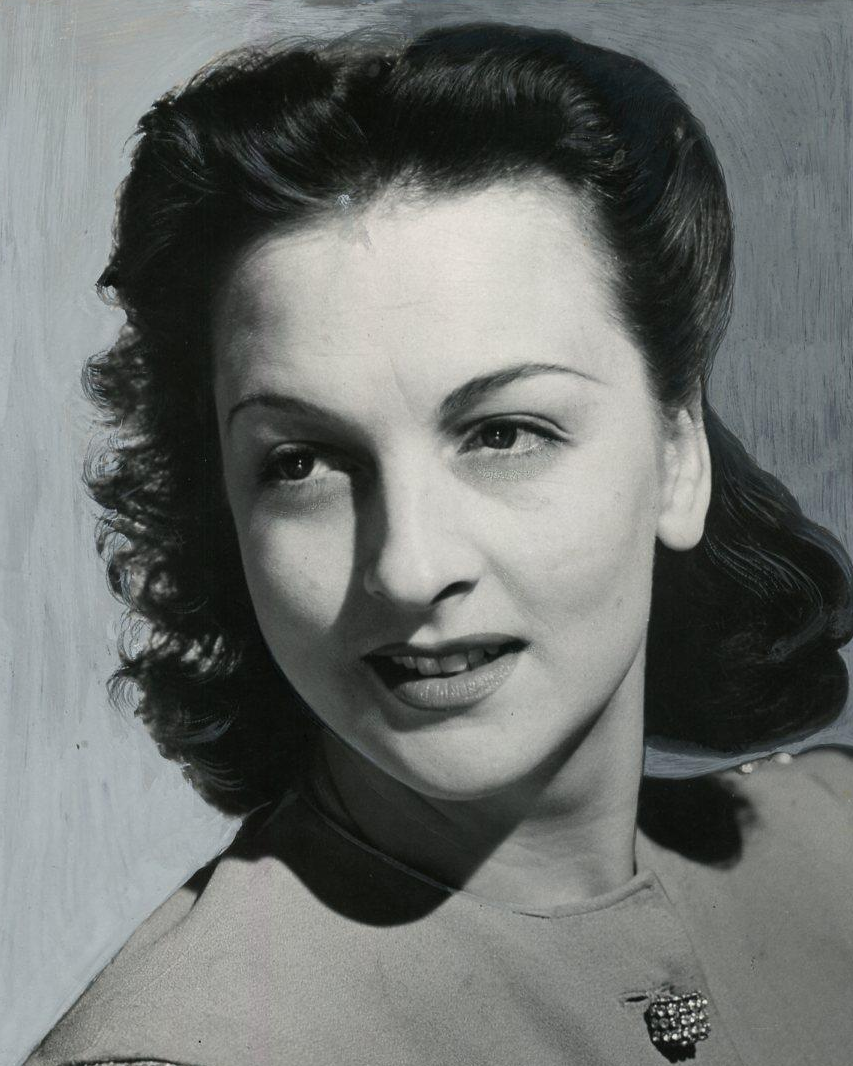
What a stunner!
Betty Driver was an actress and singer whose name will ring bells for fans of Coronation Street. Born in Leicester, she became famous for her role as Betty Williams on the long-running soap.
Her warm, down-to-earth character was a staple on screen for decades, and her roots in the city remained a point of pride. Leicester has always had a strong connection to the arts, and Betty’s story highlights the city’s role in sending talent to the national stage.
Betty in real life was a vegetarian and awful cook, laughing that she wouldn’t be able to make a hotpot to save her life! Still her healthy lifestyle led her to live to the ripe old age of 91. Try this recipe for a vegan Lancashire hotpot!
The Birthplace of James Allen

Those of us trying to make sense of life, have nearly all read the book As a Man Thinketh, a little book of immense wisdom from James Allen, a man who lived with his wife and daughter in the north Devon town of Ilfracombe. However, he was born in Leicester.
At a young age, his father went to New York to try to find work (following a downturn in the textile industry), to send money back home. Within two days he was dead (likely robbed and murdered) so the family was plunged into poverty, and James began his spiritual quest.
His wife Lily was born in County Mayo (Ireland) and travelled as a Christian ‘Sister Lily’ to help in the East London slums and preach to the churches (she met James on a mission in Wales and they married soon after). Their daughter Nora recalls:
She was a beautiful woman with large brown eyes, dark brown hair and had a striking personality. She was a strict vegetarian and excellent cook and also wrote many books on the power of thought and character building’ (the family were also staunch campaigners against vivisection on animals)’.
James books are full of real wisdom. Humble too (unlike today’s celebrity fodder). In Devon, he would apparently visit the seaside early each morning to meditate, then return home to write his little masterpieces. He died just age 47, likely from TB.
The outer conditions of a person’s life, will always be found to reflect their inner beliefs. A man will find that as he alters his thoughts toward things and other people, things and other people will alter toward him.
The more tranquil a man becomes, the greater is his success, his influence, his power for good. Calmness of mind is one of the beautiful jewels of wisdom.
Men are anxious to improve their circumstances, but are unwilling to improve themselves. They therefore remain bound.
Home to Some 70s Musical Icons
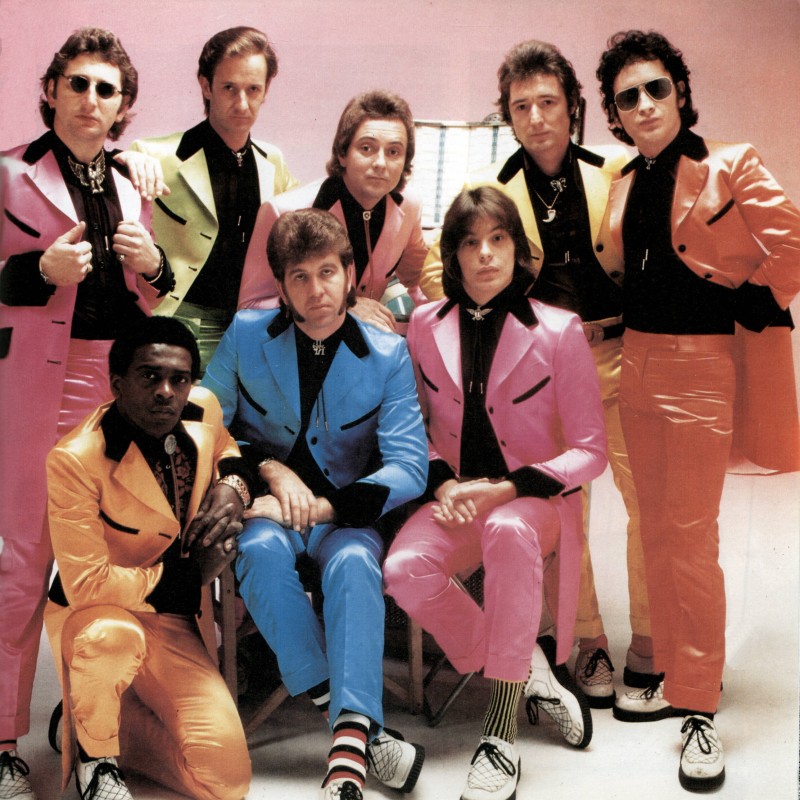
70s pop band Showaddywaddy were from Leicester, their catchy rock n roll tunes (and handsome frontman Dave Bartram) almost giving rise to an ‘English Elvis’ adoration. It was an unusual band in that there were two of everything: singers, bassists, drummers and guitarists.
Known for their massive hits ‘Under the Moon of Love’ and ‘You Got What It Takes‘, they still perform at clubs around England (under a different line-up, as Dave left the band after 38 years). Though they likely don’t dance as fast!
Engelbert Humperdinck was also from these parts. His exotic looks may suggest Indian heritage, but his name was made up, created by his manager to make him sound more exotic. His real name is Arnold!
Conclusion
Leicester stands as a city where history, culture, and fresh ideas meet in a genuine way. Its past is visible in ancient walls and stories of remarkable people, while its present hums with diverse communities and lively creativity. The city links old and new, showing how traditions can grow alongside change without losing their character.
From shaping the English language to inspiring new ways of living, Leicester quietly influences far beyond its borders. It’s a place where the past belongs firmly in the present, and where future stories are waiting to be told.


